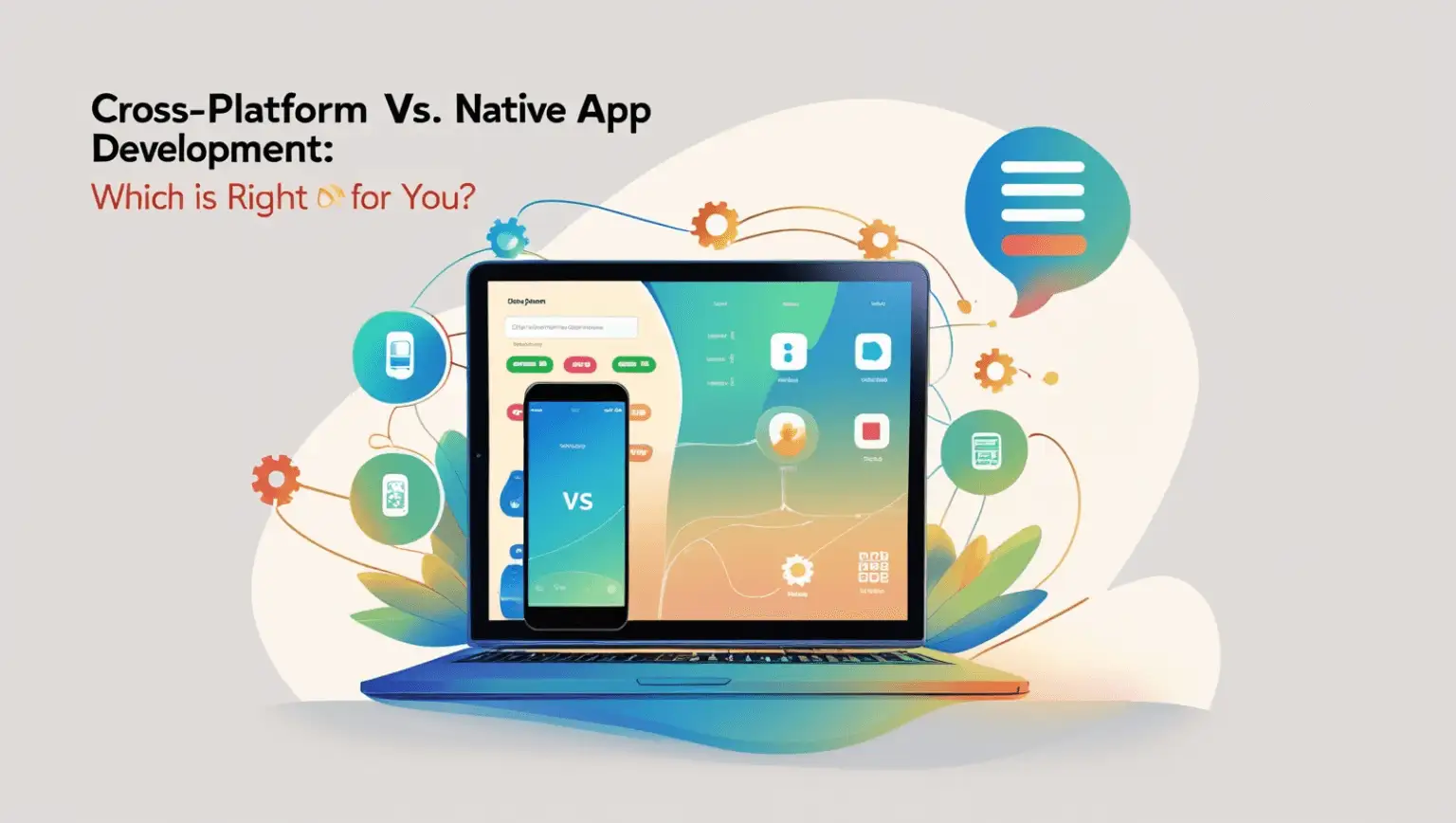In the world of mobile app development, one of the most critical decisions businesses and developers face is whether to build a cross-platform or native application. Both approaches have their own advantages and limitations, making it essential to choose the right one based on your project requirements.
What is Native App Development?
Native apps are built specifically for a single operating system (iOS or Android) using platform-specific programming languages.
- For iOS: Swift or Objective-C
- For Android: Kotlin or Java
Pros of Native Apps:
- Better Performance: Optimized for a specific platform, leading to faster speed and smoother animations.
- Superior User Experience: Follows platform specific design guidelines, resulting in a seamless and intuitive experience.
- Access to All Native Features: Direct access to device hardware (camera, GPS, sensors, etc.) for advanced functionalities.
- More Secure: Built with platform specific security features, making it more resilient against cyber threats.
Cons of Native Apps:
- Higher Development Cost: Requires separate codebases for iOS and Android, increasing time and expense.
- Longer Development Time: Developers need to write and maintain two different codebases.
What is Cross-Platform App Development?
Cross-platform apps are designed to work on multiple operating systems with a single codebase. Popular frameworks include:
- Flutter (Dart)
- React Native (JavaScript)
- Xamarin (.NET)
Pros of Cross-Platform Apps:
- Faster Development: A single codebase reduces development time and costs.
- Wider Market Reach: Launch on both iOS and Android simultaneously.
- Lower Maintenance Costs: Easier updates and bug fixes since there’s only one codebase.
Cons of Cross-Platform Apps:
- Performance Limitations: May not be as fast or optimized as native apps, especially for high performance applications.
- Limited Access to Native Features: Some hardware related features may require native code integration.
- UI/UX Challenges: Can struggle to match the look and feel of native applications.
Which One Should You Choose?
Final Thoughts
If your app requires high performance, security, and access to advanced hardware features, native development is the best choice. However, if you want to save costs, launch faster, and reach a broader audience, then cross-platform development is the way to go.
Need help with app development?
Our team specializes in both native and cross-platform development to bring your vision to life. Contact us today!


